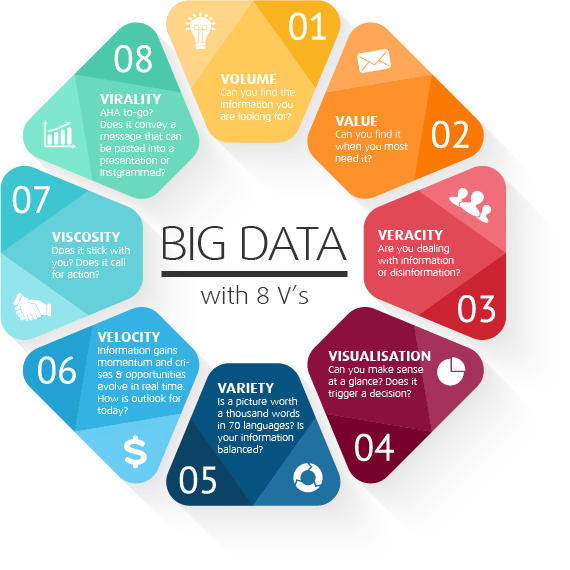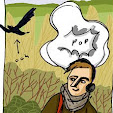I've been on a lot of websites recently researching all sorts of things, mostly unfamiliar sites, but some I visit far too regularly for the amount of GDPR punishment beating the site is handing out, particularly considering that I tick "yes" to all tracking cookies.
For anyone bristling at that and saying harrumph-glumph-what-about-your-privacy, well, yes. Fair. There was a hilarious column in the Guardian last week where a reader had written in to ask if anything terrible would happen if she accepted cookies.
EVERY SINGLE REPLY read "Never accept cookies!!!!!!!!!!! Here is how not to accept them!!!!!!!!!!!! Your privacy is being STOLEN!!!!!! with an occasional side-helping of "People are all wrong about the internet, and this is why and let me tell you about my book on this very topic, Sheeples". Although of course, it being the Guardian, the grammer was perfect and of naturally there were no actual ALLCAPS and !!!bangs!!! But fortunately I am fluent in middle class and can detect caps and bangs in the mildest and most reasonable of sentences.
Not a single one answered the original question. So yes, on that. I have been mindfully, and in full self-awareness, ticking yes to all cookies since the notifications came in, bar some basic safety behaviours relating to untrustworthy pop-ups and untrusted sites. Nothing has happened at all, and this, I'm afraid, disappoints me.
You see, I had been hoping that clicking yes to these would stop them appearing, all the time, and usually all over things I wanted to look at.
It hasn't. Many sites fail to remember your preferences, and you still continually get assaulted by endless requests, even on one browsing visit.
Plus this has opened a floodgate for other information barriers, like whining requests to turn your adblocker off (mmmm, dear, I would, but your damn adverts keep crashing my browser, turning on my speakers to auto-play talk-radio obnoxious videos, and slowing page load to a reluctant I-can't-squeeze-the-information-through-this-tiny-space-left crawl), demands to sign up to mailing lists I'm already signed up to, and the terrible, terrible robot-chat dialogue boxes.
Frequently I do the browser equivalent of storming out of the shop because the shop assistant wouldn't stop saying things to you in a pointed, are-you-actually-a-shoplifter tone. Leave. Me. Alone. I'm just looking.
You don't have to read all of the above, by the way - this 2018 video sums it up nicely, except a few extra pop-ups have been added since then. You can just watch the videos.
If we carry on at this rate, we'll be spending all of our browsing time in Futurama's accessing the internet sketch, drowned in ads, quasi ads and worse, cookie-shackled into endless cycles of saying, YES, I want to access the information on this page.
It might be bearable, I heard someone say on a popular social networking site that does not bother with such things, if there was an option to type 'f*ck off'' into a dialogue box.
True that. Like them, I frequently find myself typing 'f*ck off'' into imaginary dialogue boxes in my head, especially when I get to the sixth on one website.
So, Firefox. Could you make us a nice browser extension that does that? Pretty please?
Best make the exact wording customisable, though I guess, as lots of cultures are less sweary than the Brits.
N.B. Grammatical and spelling errors included for extra authenticity.
For anyone bristling at that and saying harrumph-glumph-what-about-your-privacy, well, yes. Fair. There was a hilarious column in the Guardian last week where a reader had written in to ask if anything terrible would happen if she accepted cookies.
EVERY SINGLE REPLY read "Never accept cookies!!!!!!!!!!! Here is how not to accept them!!!!!!!!!!!! Your privacy is being STOLEN!!!!!! with an occasional side-helping of "People are all wrong about the internet, and this is why and let me tell you about my book on this very topic, Sheeples". Although of course, it being the Guardian, the grammer was perfect and of naturally there were no actual ALLCAPS and !!!bangs!!! But fortunately I am fluent in middle class and can detect caps and bangs in the mildest and most reasonable of sentences.
Not a single one answered the original question. So yes, on that. I have been mindfully, and in full self-awareness, ticking yes to all cookies since the notifications came in, bar some basic safety behaviours relating to untrustworthy pop-ups and untrusted sites. Nothing has happened at all, and this, I'm afraid, disappoints me.
You see, I had been hoping that clicking yes to these would stop them appearing, all the time, and usually all over things I wanted to look at.
It hasn't. Many sites fail to remember your preferences, and you still continually get assaulted by endless requests, even on one browsing visit.
Plus this has opened a floodgate for other information barriers, like whining requests to turn your adblocker off (mmmm, dear, I would, but your damn adverts keep crashing my browser, turning on my speakers to auto-play talk-radio obnoxious videos, and slowing page load to a reluctant I-can't-squeeze-the-information-through-this-tiny-space-left crawl), demands to sign up to mailing lists I'm already signed up to, and the terrible, terrible robot-chat dialogue boxes.
Frequently I do the browser equivalent of storming out of the shop because the shop assistant wouldn't stop saying things to you in a pointed, are-you-actually-a-shoplifter tone. Leave. Me. Alone. I'm just looking.
You don't have to read all of the above, by the way - this 2018 video sums it up nicely, except a few extra pop-ups have been added since then. You can just watch the videos.
If we carry on at this rate, we'll be spending all of our browsing time in Futurama's accessing the internet sketch, drowned in ads, quasi ads and worse, cookie-shackled into endless cycles of saying, YES, I want to access the information on this page.
It might be bearable, I heard someone say on a popular social networking site that does not bother with such things, if there was an option to type 'f*ck off'' into a dialogue box.
True that. Like them, I frequently find myself typing 'f*ck off'' into imaginary dialogue boxes in my head, especially when I get to the sixth on one website.
So, Firefox. Could you make us a nice browser extension that does that? Pretty please?
Best make the exact wording customisable, though I guess, as lots of cultures are less sweary than the Brits.
N.B. Grammatical and spelling errors included for extra authenticity.










